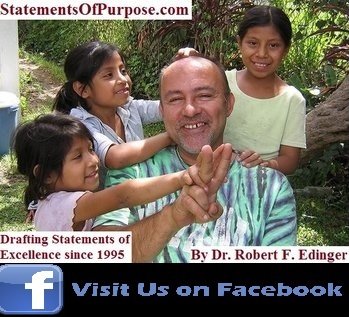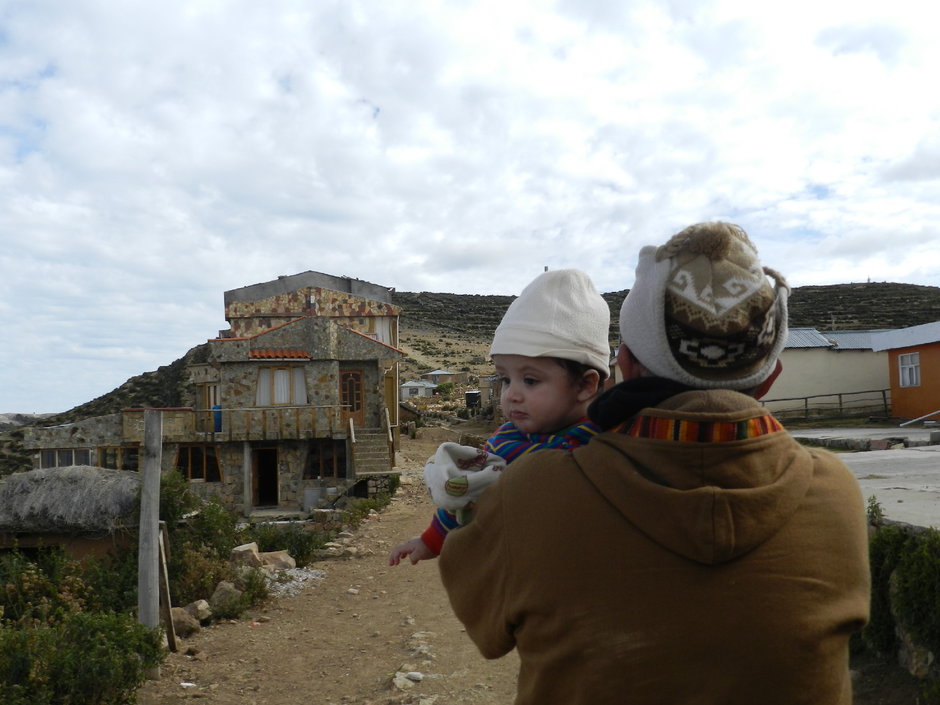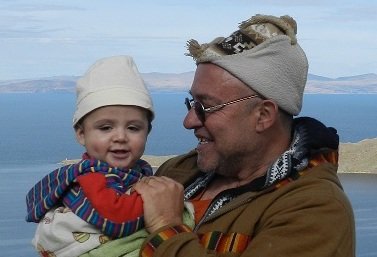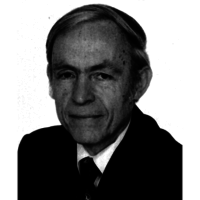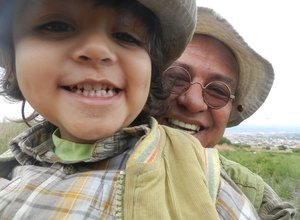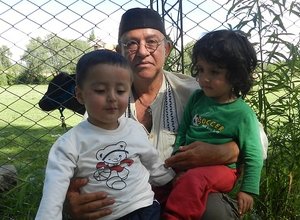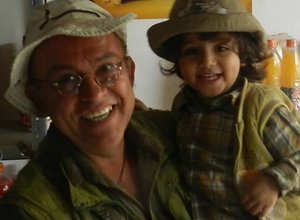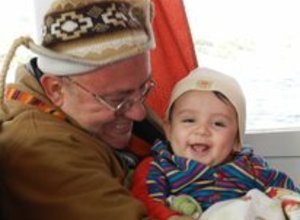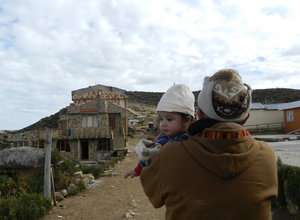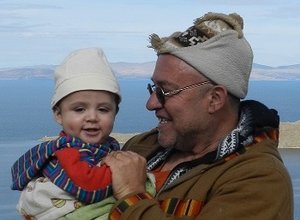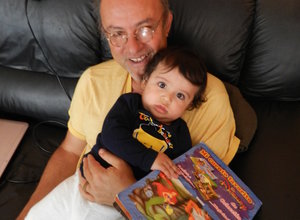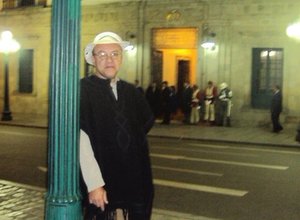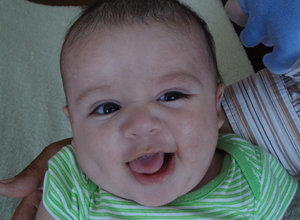Priority Service Checkout US$249.00 (Includes resume or CV edit/enhance/revamp)
Priority Checkout US$199.00 (Statement Only)
Free Consultations: [email protected]
Anonymous Samples of My Work in Psychology
- MA Psychology Program, Volunteer Work, Alcoholism
- Ph.D. Psychology Program, Advocacy, Yoga
- MA Clinical Psychology, Adolescent Mental Health
- MS Mental Health Counseling, Family, Puerto Rico
- MA Masters Counseling Psychology, Orphans, Iran
- PsyD Doctorate Psychology, Saudi Woman, Divorce
- PHD Clinical Psychopathology, Chinese, Singapore
- PHD Positive Psychology, Korea, Physical Disabilities
- Post-Graduate Diploma, Psychology, Sri Lanka
- PHD Doctorate Forensic Psychology, Neuropsychology
- PsyD. Doctorate Psychology, Clinical-Community
- PsyD Clinical Psychology, Traditional Indian Thinking
- PHD Doctorate Clinical, Psychological Profiler FBI
- MA Masters Psychology, Manwatching, Waitress
- MA Masters Psychology, Teacher, Sign Language
- MA Masters Child Psychology, Children's MInds
- MA, Masters Social Psychology, Horseback Riding
- MA Masters Psychology, Violinist
- MA Masters Psychology, Analytical Mind
- MA Master Psychology, A-Level, Advanced Classes
- MA Masters Psychology, Young Farmers, Kenya
- MA Masters Psychology, Sports, Team Captain
- MA Psychology, Handicapped Children, European
- MA Masters Psychology, World Citizenship
- MA Masters Psychology, Martial Arts
- PHD Industrial-Organizational, Caribbean
- PsyD Doctor of Psychology, Rediscovery, Reaffirmation
- PHD Psychology I/O Industrial-Organizational
- PHD Counseling Psychology, Therapeutic Visitation
- PHD Clinical Practice, African-American Woman
- PHD Clinical Psychology PHD, Writer, Media
- PHD Doctorate Clinical Psychology, Indian-American
- MA Masters I/O, African-American Social Justice
- MA Masters Clinical Psychology, Intuitive Compassion
- MA Online Masters, Counseling Psychology
Statements of Excellence for Admission to Graduate School in Psychology

Recommend My Free (Model First Paragraph) Service!
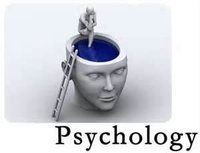
I really love the statement. It's perfect just the way it is. I am very pleased.
Thank you so much!
K.M. (Application for Counseling program February 2012)
I was amazed that you created such a beautiful personal statement on my behalf so quickly. Thanks a
lot!
YL (Application for Master’s in Psychology of Counseling, March 2011)
My service is quite different from other statement writing services on the Internet for several reasons. I am the little guy on the web, not a big business like most of my competitors. You deal directly with me. I answer all of your questions completely free of charge and I am solely responsible for producing a statement that you are very pleased with.
Most recently edited Statement Samples.
Please note that I attend to my clients in the order in which I have received their payments. To qualify for my discount price of US$199.00, all you need to do is drop by any Western Union location worldwide, fill out the form, and pay the money. Please note that you also need to pay around US$10.00 to send the money.

